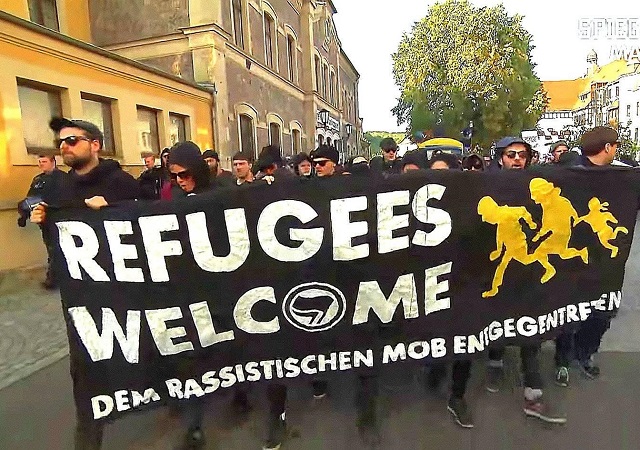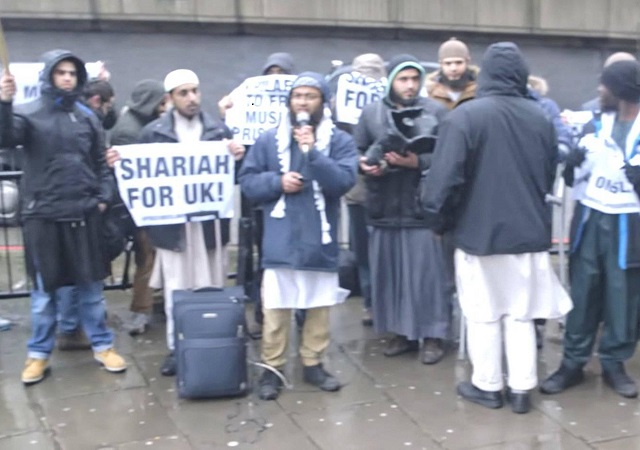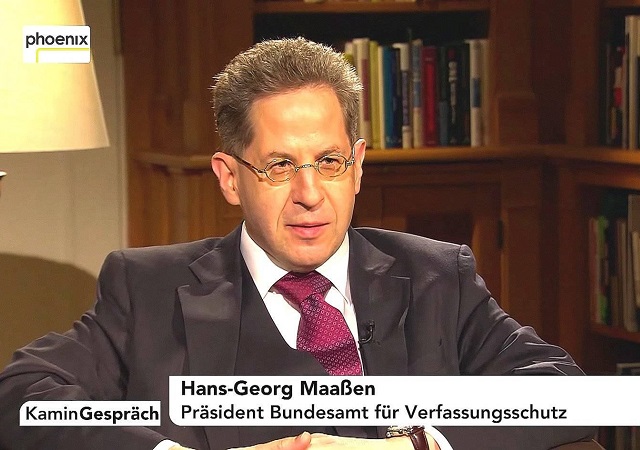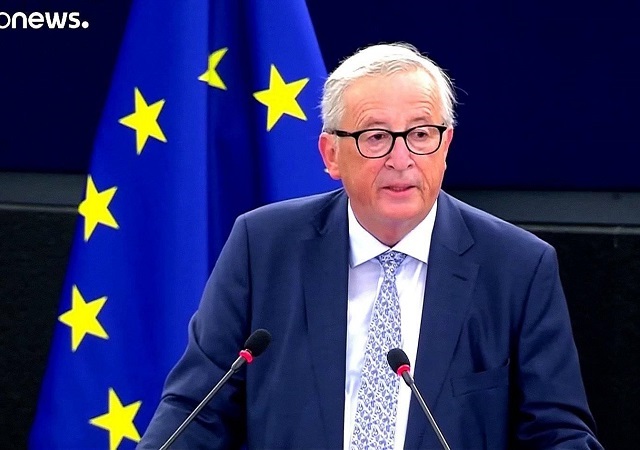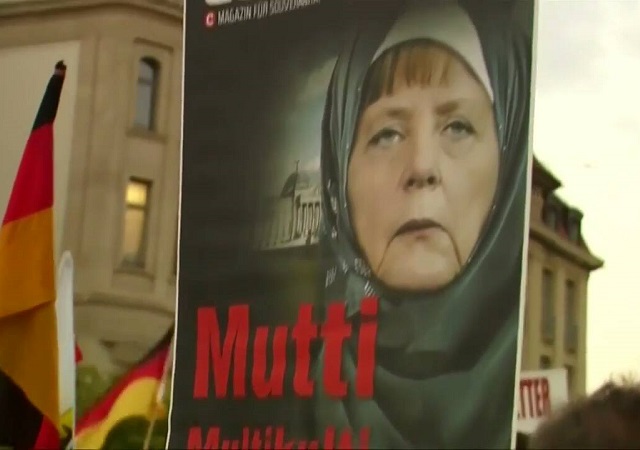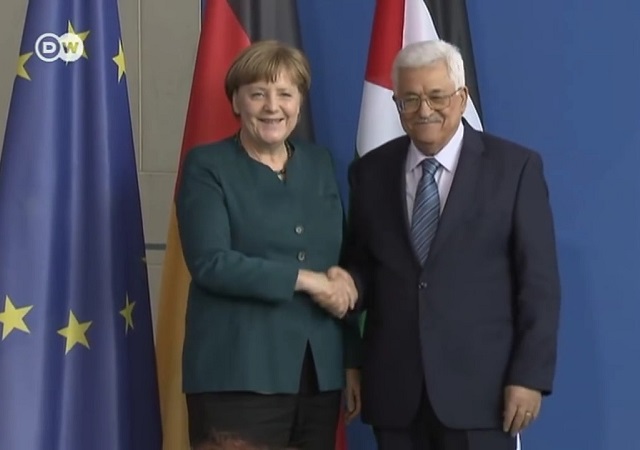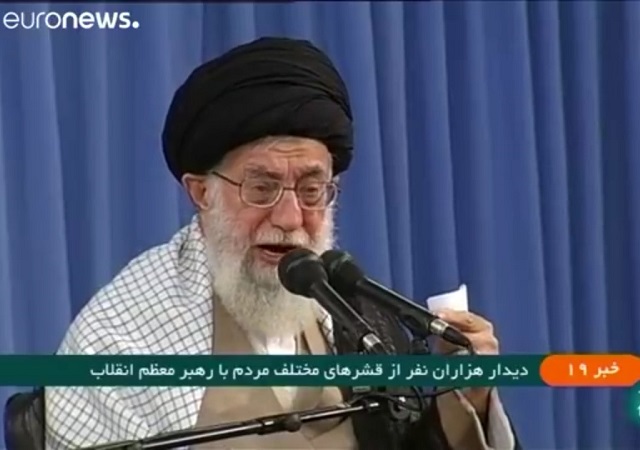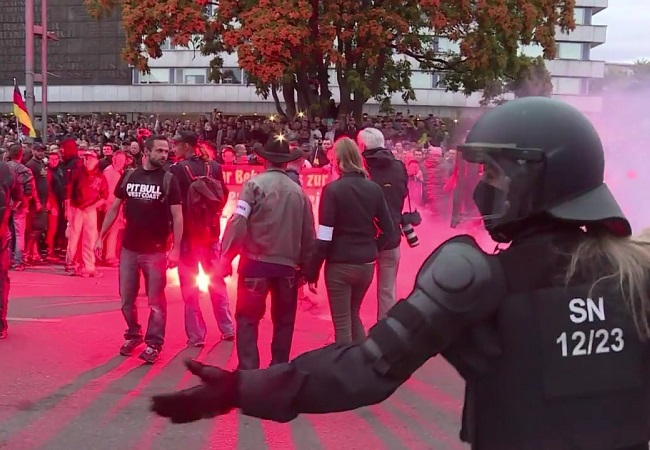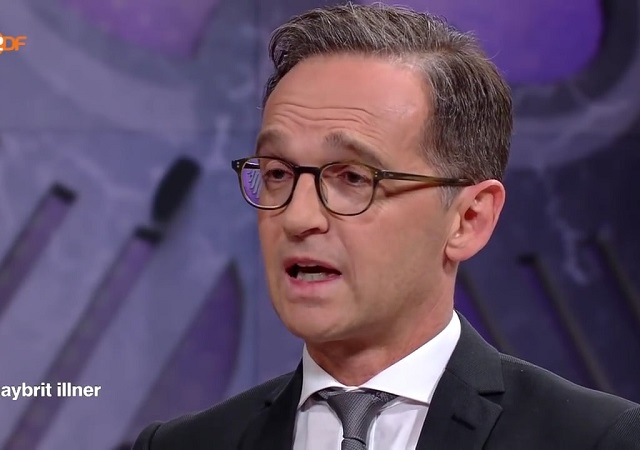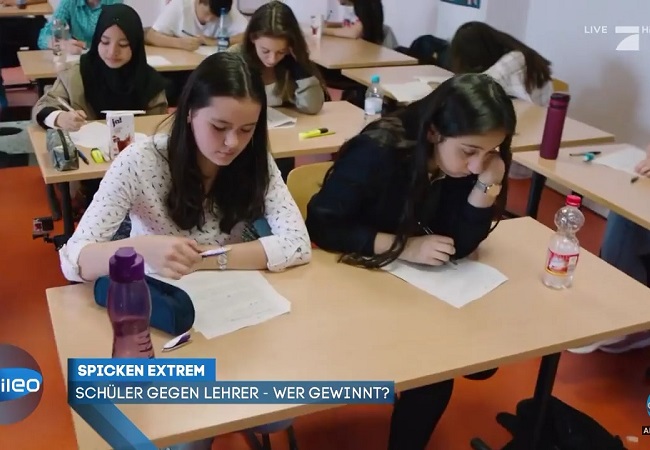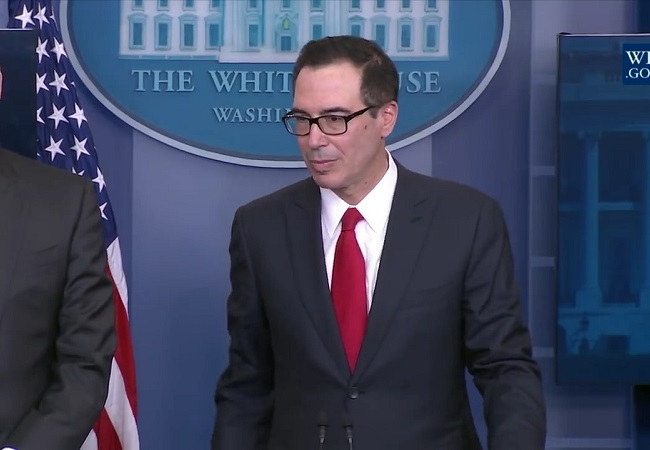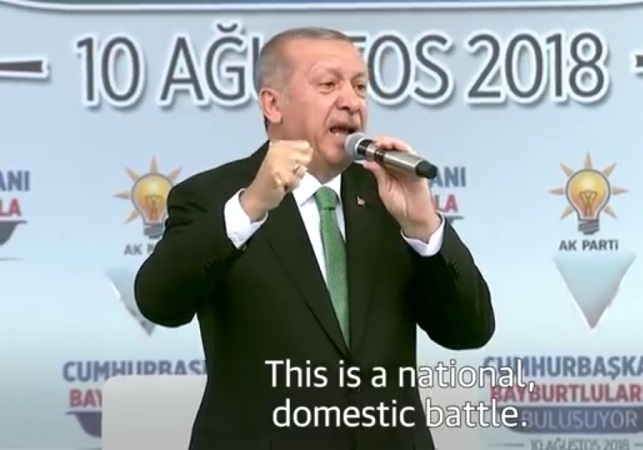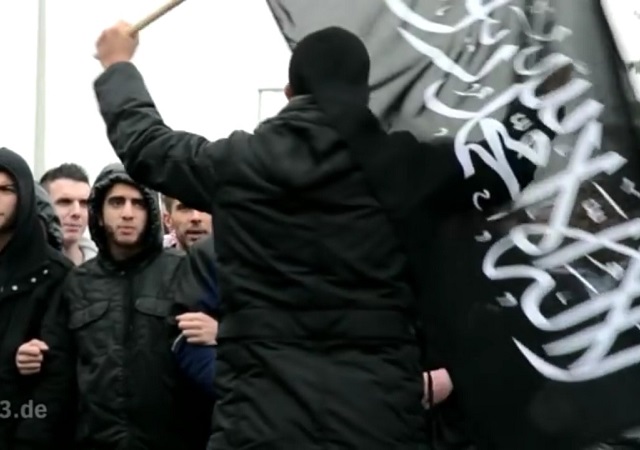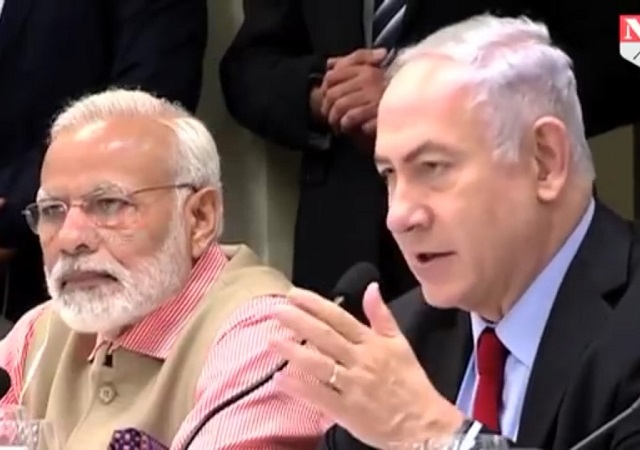Czech Republic Remains Closed to Economic Migrants, PM tells EU
on September 25, 2018
12 Comments
Czech Prime Minister Andrej Babis told the European Union that his country will not take another economic migrant. Refusing to submit to the EU's demand to accept immigrants crossing into European outer borders, the Czech Prime Minister refused to acknowledge any responsibility for foreign migrants. "I went into politics mainly to look after Czech citizens," he said
Dubbed by the mainstream media as the "Czech Donald Trump," Babis has joined Hungary's Orban in rejecting the EU-mandated migrant resettlement plan. As part of a massive "migrant resettlement scheme," Brussels wants to relocate hundreds of thousands immigrants crossing into European outer borders. "We have lost four years foolishly debating quotas. In short, the message being sent is that Europe is open and that we have to care for everyone who comes illegally and will disperse them amongst us," the Czech Prime Minister said last month.

